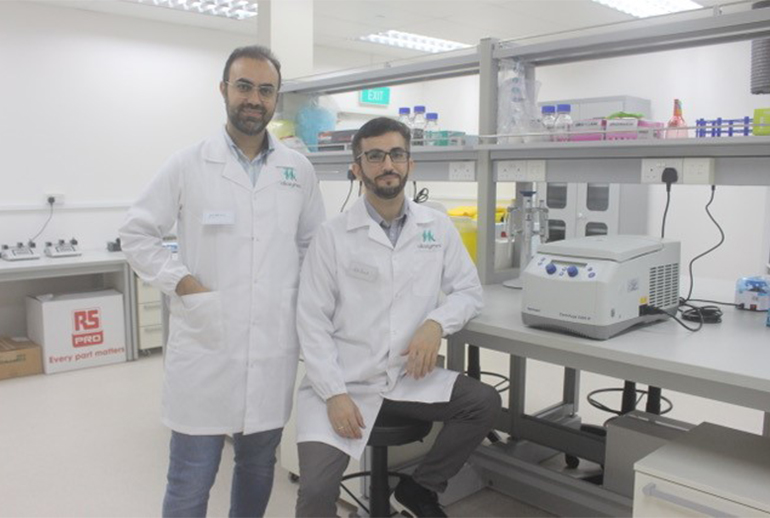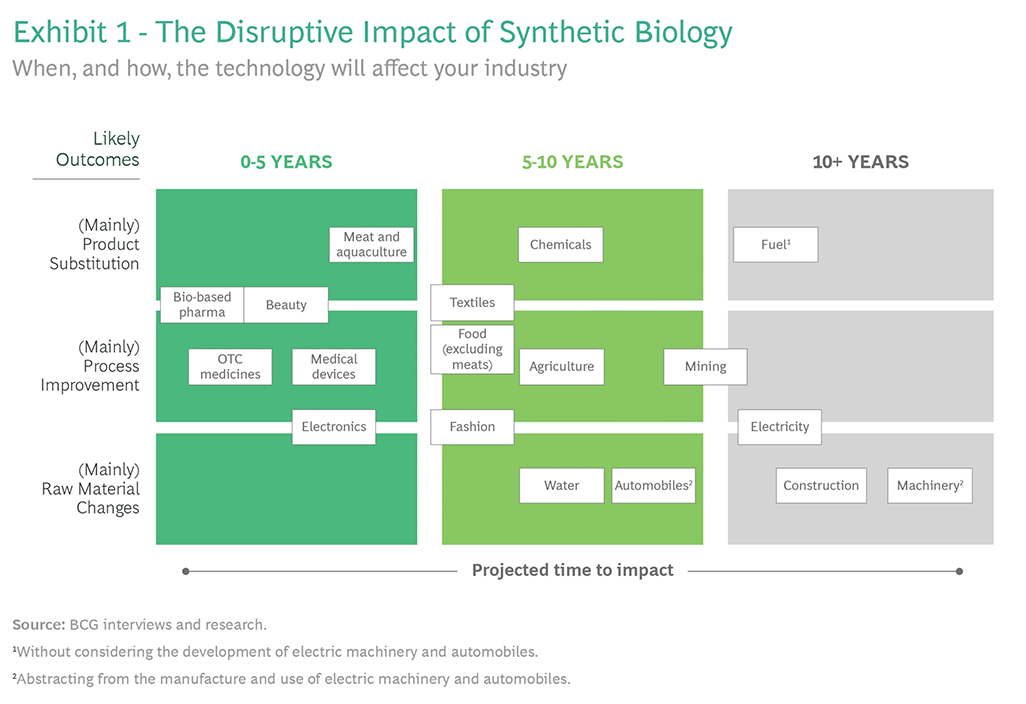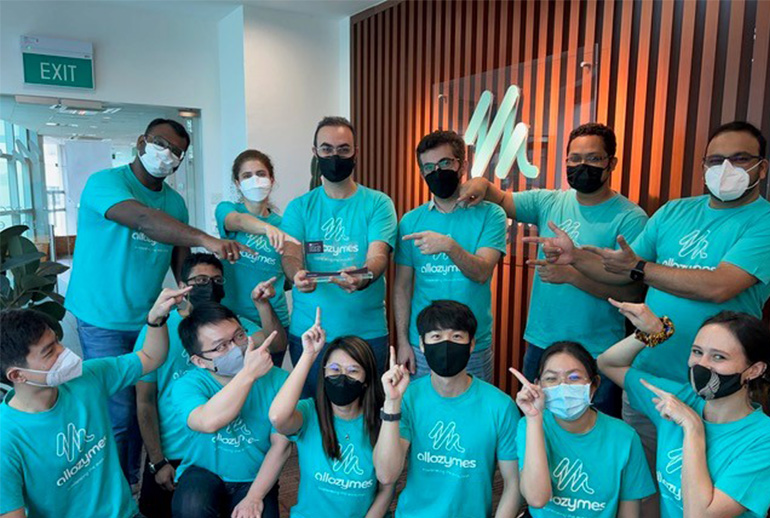When former CEO of Google, Eric Schmidt proclaimed last year that “in ten years from now, the Bio Economy could be worth $4 trillion”, and that his team is working to realise the potential of the section, a formidable duo of scientists-cum-entrepreneurs had already been working for 5 years on a biotechnology concept that might very well help beat this forecast.
Meet Dr Akbar Vahidi and Dr Peyman Salehian, the co-founders of Singapore-based startup Allozymes, the past winner of the Future Food Asia Award which recognises innovative startups in the agrifood space. As the former was doing his PhD at the National University of Singapore in 2017, the latter, a serial entrepreneur also originating from Iran, was already brewing ideas for a new business. Peyman is no stranger to commercialising technology developed in a lab, having scaled his previous venture to a team of 50. It certainly helped that Akbar was precisely working on solutions to accelerate enzyme development, a well-known bottleneck for the scale-up of novel industrial bio-solutions. After offers to relocate to other parts of the world where there have been more advancements in biotech, the duo decided to contiue in Singapore where there is an opportunity to bridge the gap in enzyme technology in Asia.
For enzymes are humble molecules, but they can be proud and finicky! Playing an essential role in the assembly of many industrial products, enzymes are proteins that speed up reactions and improve yield, but don’t thrive in just any conditions. This is where enzyme discovery, design and development kick in. Combining the power of data and biology, Allozymes is developing a next-gen synthetic biology platform, leveraging ultra-high throughput microfluidics.
From a university spin-out to an emerging market leader, here are 4 principles that have guided Allozymes’ founders so far.










